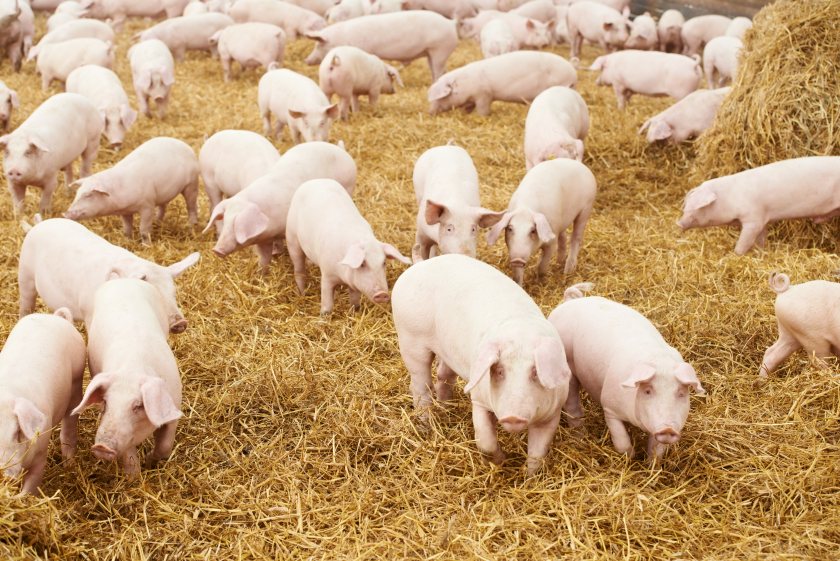
Defra has today announced a new commitment to take action to repair what is widely seen as a broken pork supply chain, amid a warning that pig producer confidence remains at an all time low.
New regulation for written contracts will provide 'fairness and certainty' for the sector, Defra said following its consultation on contractual practice in the pork supply chain.
The National Pig Association (NPA) said the new commitment was 'welcome', but added that "real change must also come from within the supply chain".
The pig sector has faced unprecedented challenges over the last year, with rising costs and global labour shortages putting real pressure on producers and processors.
The sector has lost almost one-fifth of its pig breeding capacity as a result of two years of crisis.
But Defra said the new regulations, announced on Thursday (6 April), would help bring 'stability and security' to the pig supply chain.
The department said the commitment would strengthen the sector’s ability to deal with the challenges currently being faced around the world, such as rising costs.
As well as regulation on written contracts, Defra will develop regulations to collect and share more supply chain data, particularly in relation to wholesale price transparency and national slaughter numbers.
Increasing the availability of this sort of data within the supply chain would help market reporting services be more reflective of the entire UK market, Defra said, and would therefore help to further reduce ambiguity for all within the supply chain.
The consultation also revealed pig producers’ concerns about market consolidation in the processing sector, and the impact this has had on producers.
In response to this, the government will be sharing the consultation’s findings relating to the alleged negative consequences of market consolidation with the Competition and Markets Authority (CMA).
It follows a public consultation last year, which received nearly 400 responses from producers, processors and others in the supply chain.
This revealed popular sentiment in the sector that legally required written contracts would remove uncertainty and ambiguity.
Farming Minister Mark Spencer said: “We are committed to working with the sector, and the regulations set to be introduced will ensure fairness and transparency across the supply chain."
The regulations will be developed using the regulation-making power in section 29 of the Agriculture Act 2020.
However, the NPA has stressed that the wider issues further up the supply chain, including the actions of retailers, must be addressed too.
NPA chief executive, Lizzie Wilson, said: “We are pleased with the pace Defra has worked at to get to this point and are keen that this policy remains a priority.
"They have also committed to working with industry on the next phase of policy development and NPA are happy to be fully engaged."
However, she added: "While legislative changes can set the framework for reform between the producer and whoever they have their contract with, real change must also come from within the supply chain.
"The government alludes to this with their commitment to share their findings with the Competition and Markets Authority."
